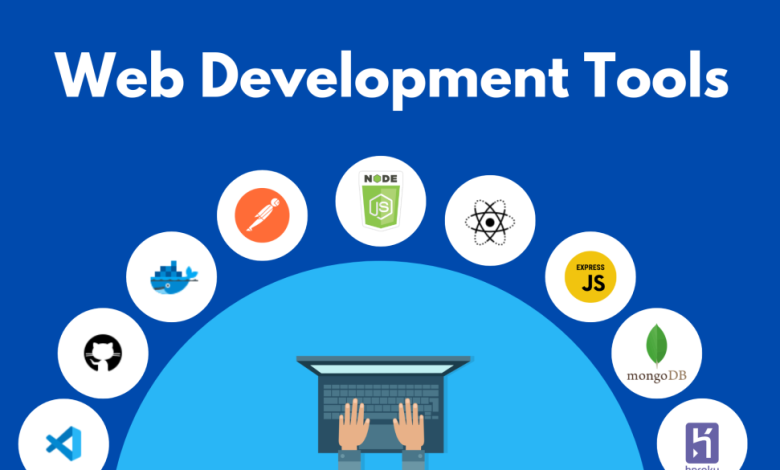Top 10 Tools Every Developer Needs

In the modern tech industry, having the right tools can dramatically improve productivity, code quality, and collaboration. From writing code efficiently to managing projects, developers rely on a variety of tools to streamline their workflow.
In this article, we’ll explore the top 10 essential tools every developer should know and use.
1. Visual Studio Code (VS Code)
- Overview: A lightweight, highly customizable code editor.
Key Features:
- Syntax highlighting and code autocompletion
- Extensions for multiple programming languages
- Integrated terminal and Git support
- Why It’s Essential: Enhances coding efficiency and supports multiple languages and frameworks.
2. Git
- Overview: A distributed version control system.
Key Features:
- Collaborates with teams efficiently
- Supports branching and merging
- Tracks code changes
- Why It’s Essential: Prevents code conflicts and allows for team collaboration.
3. GitHub / GitLab / Bitbucket
- Overview: Platforms for hosting Git repositories.
Key Features:
- CI/CD pipeline integration
- Pull requests, issues, and code reviews
- Code hosting and collaboration
- Why It’s Essential: Enables team collaboration, open-source contribution, and portfolio showcasing.
4. Postman
- Overview: A tool for testing APIs.
Key Features:
- Manage API collections
- Automate testing of APIs
- Create and send HTTP requests
- Why It’s Essential: Simplifies backend and API testing, essential for both frontend and full-stack developers.
5. Docker
- Overview: A containerization platform.
Key Features:
- Simplify deployment
- Ensure consistency across environments
- Package applications with dependencies
- Why It’s Essential: Makes development, testing, and deployment more reliable and scalable.
6. Slack / Microsoft Teams
- Overview: Communication and collaboration platforms.
Key Features:
- Video calls and team channels
- Integrations with project management tools
- Instant messaging, file sharing
- Why It’s Essential: Keeps team communication organized and efficient.
7. Jira / Trello / Asana
- Overview: Project management and task tracking tools.
Key Features:
- Kanban boards and sprint management
- Task assignments and progress tracking
- Reporting and analytics
- Why It’s Essential: Helps developers manage tasks, deadlines, and collaboration.
8. Chrome DevTools
- Overview: Browser-based debugging tools
Key Features:
- Inspect HTML, CSS, and JavaScript
- Debug front-end code in real time
- Monitor network requests and performance
- Why It’s Essential: Crucial for frontend developers to debug and optimize websites.
9. Figma / Sketch / Adobe XD
- Overview: UI/UX design tools.
Key Features:
- Export assets for development
- Collaborate with designers and stakeholders
- Design prototypes and user interfaces
- Why It’s Essential: Bridges the gap between design and development, especially for frontend and full-stack developers.
10. Terminal / Command Line Tools
- Overview: Essential for interacting with operating systems and servers.
Key Features:
- Manage version control and servers
- Run scripts and execute commands
- Navigate directories and files
- Why It’s Essential: Enhances productivity and is vital for backend, DevOps, and full-stack development.
Conclusion
Equipping yourself with the right tools allows developers to write cleaner code, collaborate effectively, and streamline workflow.
By mastering tools like VS Code, Git, Postman, Docker, and project management platforms, developers can increase productivity, reduce errors, and focus on creating high-quality software.
Whether you’re a beginner or experienced professional, having these tools in your toolkit is essential for success in modern software development.

